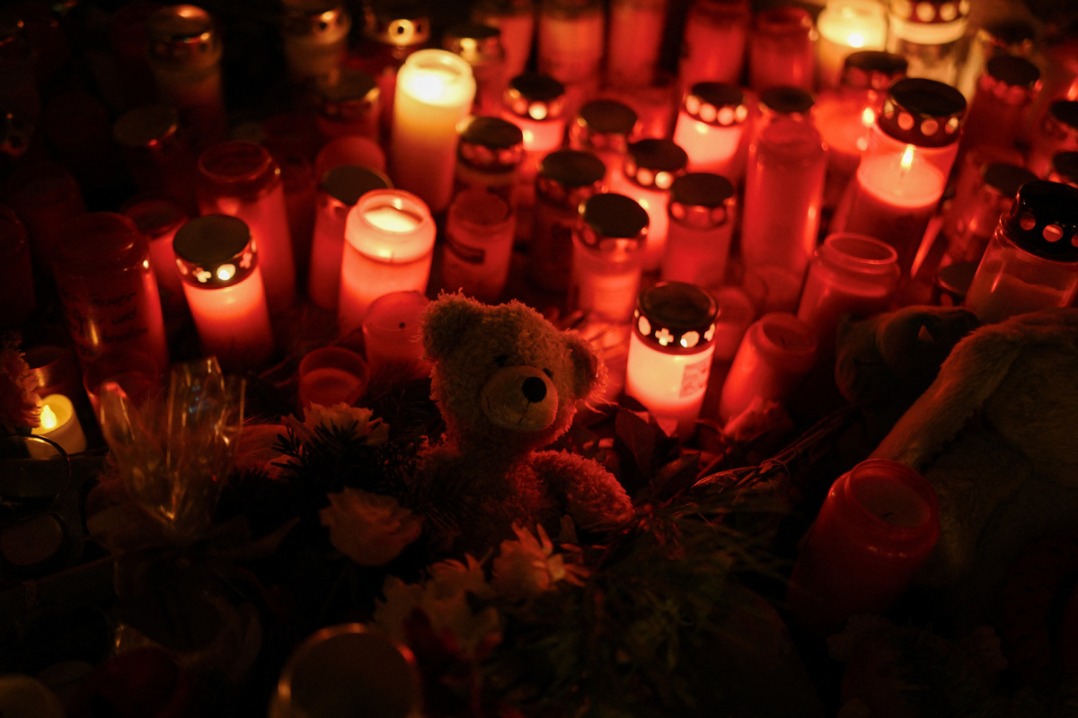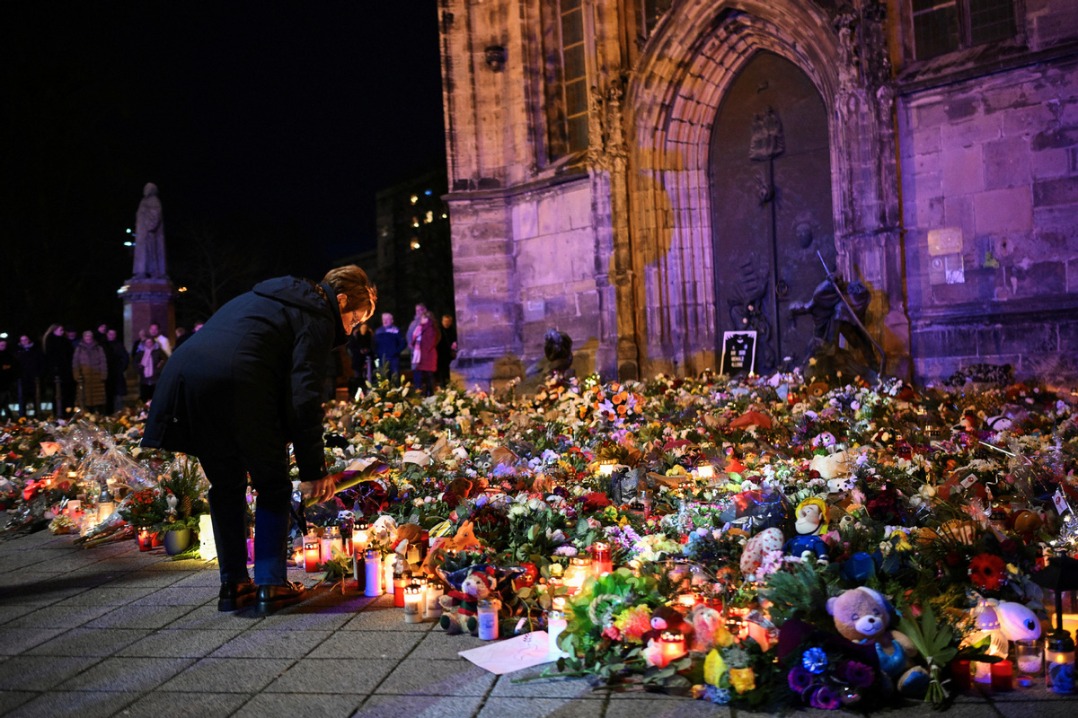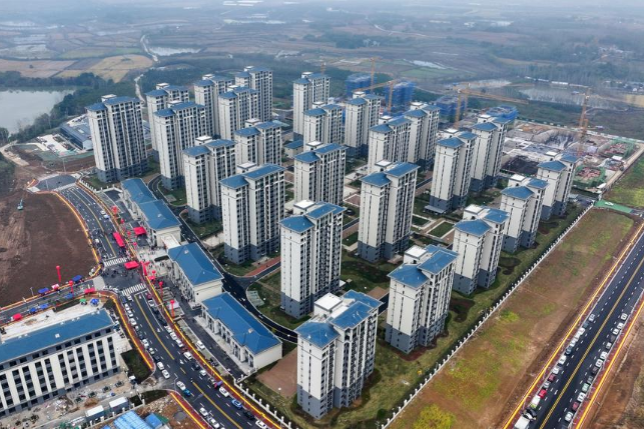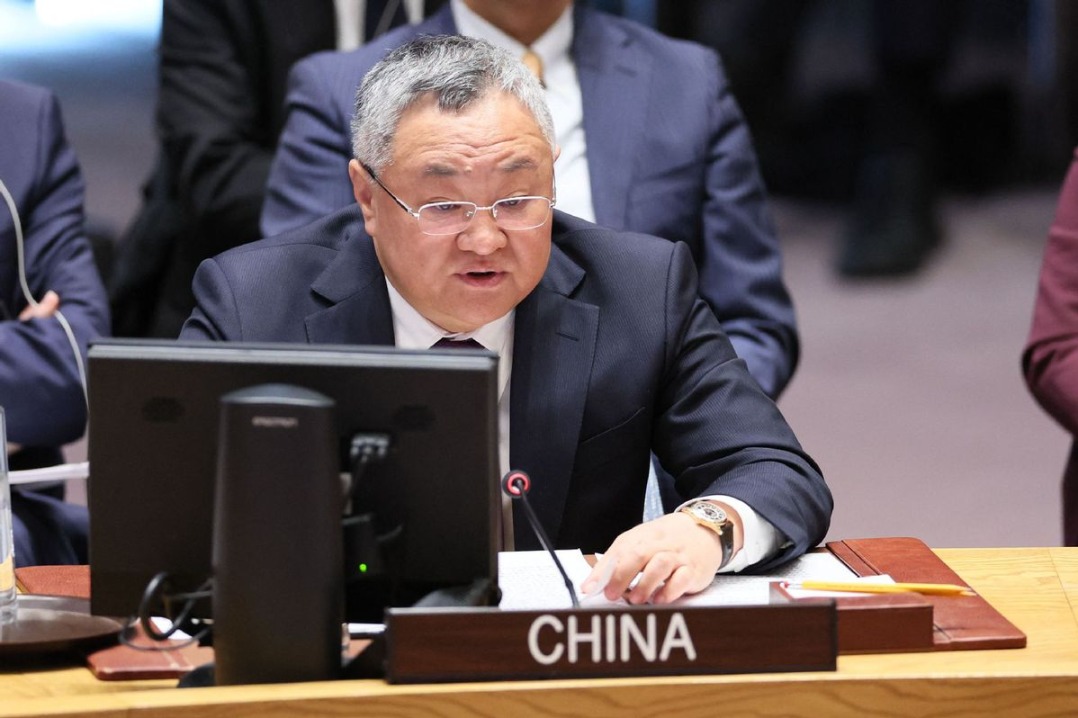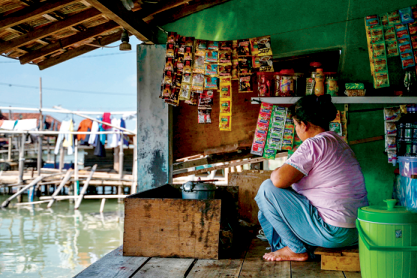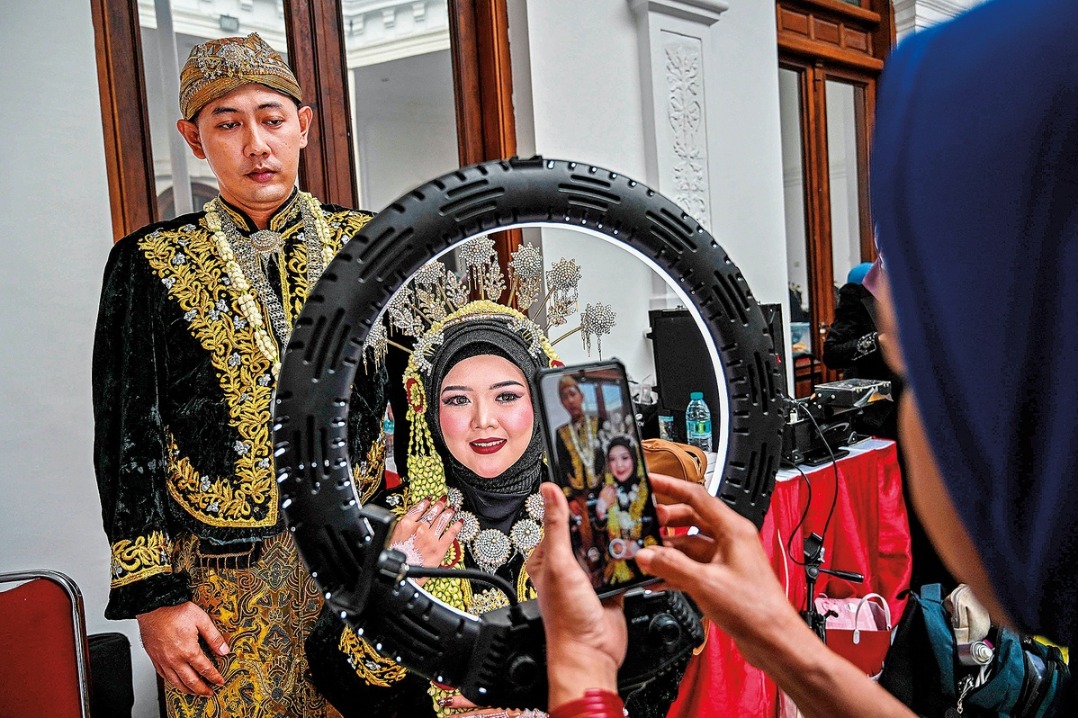Criticism mounts over market horror


Germany's law enforcement agencies are scrambling to explain why they failed to prevent the Magdeburg Christmas market attack that left at least five people dead and 200 injured and that could have a major impact on February's federal election.
As investigators combed through the debris and probed the background of chief suspect Taleb al-Abdulmohsen, a psychiatrist from Saudi Arabia who has lived in Germany since 2006, critics were asking why the market was vulnerable to attack from an assailant in a vehicle, after similar incidents had happened in the past.
Amid growing anger that someone could physically find a way to drive into the crowds at a pedestrian Christmas market, local government official Ronni Krug told reporters on Saturday organizers had enabled access for emergency responders, which the attacker had exploited.
"A safety and security concept must, on the one hand, protect those visiting an event as much as possible, but also needs to ensure, at the same time, if something does happen, they are able to leave the site safely and rapidly," he told reporters at a news conference. "Perhaps it is something that could not have been prevented."
The idea that the attack may not have been preventable was, however, one few locals shared and their anger was palpable on Saturday when Chancellor Olaf Scholz visited the scene, accompanied by ministers and regional political leaders.
Many people heckled Scholz and told local media they cannot understand why there was not some sort of checkpoint on security access points, especially in light previous attacks on Christmas markets, including one in Berlin in 2016 that claimed 12 lives.
And police have also been responding to claims they were warned about the threat posed by al-Abdulmohsen, with officers admitting they carried out an evaluation but found no reason to detain him.
Tom-Oliver Langhans, Magdeburg's police chief, told reporters the evaluation was carried out "one year ago" and that there had been no recent warnings.
But the BBC said on Sunday a "source close to the Saudi government" had told it the Saudi's had sent four official notifications to the German authorities, warning about al-Abdulmohsen's "very extreme views".
Holger Munch, the head of the Federal Criminal Police Office, told public broadcaster ZDF al-Abdulmohsen had indeed "had various contacts with authorities, insulted them and even made threats, but he was not known for violent acts".
With Germany braced for a federal election in February that was already dominated by the twin issues of migration and the country's failing economy, the tragedy at Magdeburg could have a major impact, but what it will be is difficult to predict.
While Scholz could lose even more ground to the Christian Democratic Union led by Friedrich Merz, which leads opinion polls, and the far-right, anti-immigrant Alternative for Germany, or AfD, party, any anti-immigrant backlash and benefit to the AfD could be off set by the fact that German media is reporting al-Abdulmohsen supported the AfD.
Merz said the motivation for the attack is unclear, but it does not look like an Islamist outrage, which would have clearly benefited the AfD.
"(The) horrific act in Magdeburg does not fit the pattern we have seen so far," he said. "This obliges us politicians to pause for a moment."
earle@mail.chinadailyuk.com
















